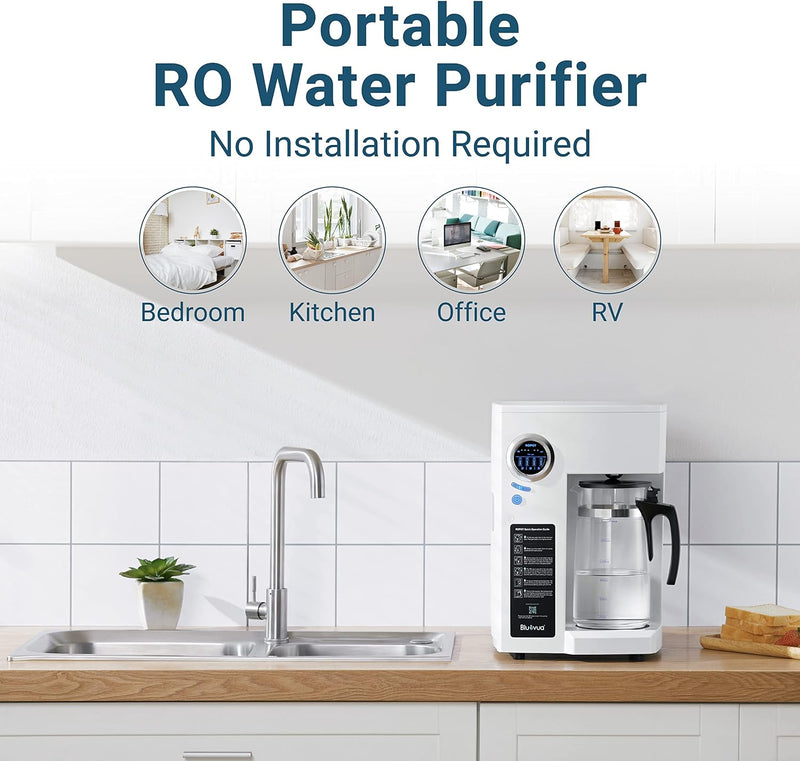How Reverse Osmosis Water Filters Are Transforming Cleaning Processes in Industrial Facilities
Body
In recent years, the reverse osmosis water filter countertop has become an essential tool in industrial cleaning processes. This technology not only ensures the purity of water but also enhances the efficiency of cleaning operations. But how exactly does it work, and why is it so beneficial for industrial facilities?

Understanding Reverse Osmosis Technology
Reverse osmosis (RO) is a water purification process that uses a semipermeable membrane to remove ions, molecules, and larger particles from drinking water. In industrial settings, this technology is crucial for maintaining high standards of cleanliness and safety. The reverse osmosis water filter countertop is particularly advantageous due to its compact size and ease of installation.
Benefits of Reverse Osmosis Water Filter Countertops
- Efficiency: These filters can remove up to 99% of contaminants, including heavy metals, chemicals, and microorganisms.
- Cost-Effective: By reducing the need for chemical cleaners and extending the lifespan of equipment, RO filters can lead to significant cost savings.
- Environmental Impact: Using RO technology reduces the amount of wastewater and harmful chemicals released into the environment.
Applications in Industrial Facilities
Industrial facilities, ranging from manufacturing plants to food processing units, benefit immensely from the use of reverse osmosis water filter countertops. These filters ensure that the water used in cleaning processes is free from contaminants, thereby maintaining the integrity of products and machinery.
"The implementation of reverse osmosis water filters in our facility has drastically improved our cleaning efficiency and reduced maintenance costs." - John Doe, Plant Manager
Case Study: Food Processing Industry
In the food processing industry, the quality of water used in cleaning is paramount. Contaminated water can lead to product spoilage and health hazards. By integrating reverse osmosis water filter countertops, companies can ensure that their cleaning processes meet stringent health and safety standards.
Choosing the Right Reverse Osmosis Water Filter Countertop
When selecting a reverse osmosis water filter countertop for your facility, consider the following factors:
- Capacity: Ensure the filter can handle the volume of water required for your operations.
- Maintenance: Look for models that are easy to maintain and have readily available replacement parts.
- Certifications: Choose filters that meet industry standards and certifications.
For example, the RO Filter 123 is a popular choice due to its high capacity and ease of maintenance. 
Conclusion
The adoption of reverse osmosis water filter countertops in industrial facilities is revolutionizing cleaning processes. By providing clean, contaminant-free water, these filters enhance efficiency, reduce costs, and contribute to a safer working environment. As industries continue to prioritize cleanliness and sustainability, the role of RO technology will only become more significant.
For a deeper understanding of how these filters work, watch this demonstration video.










Comments